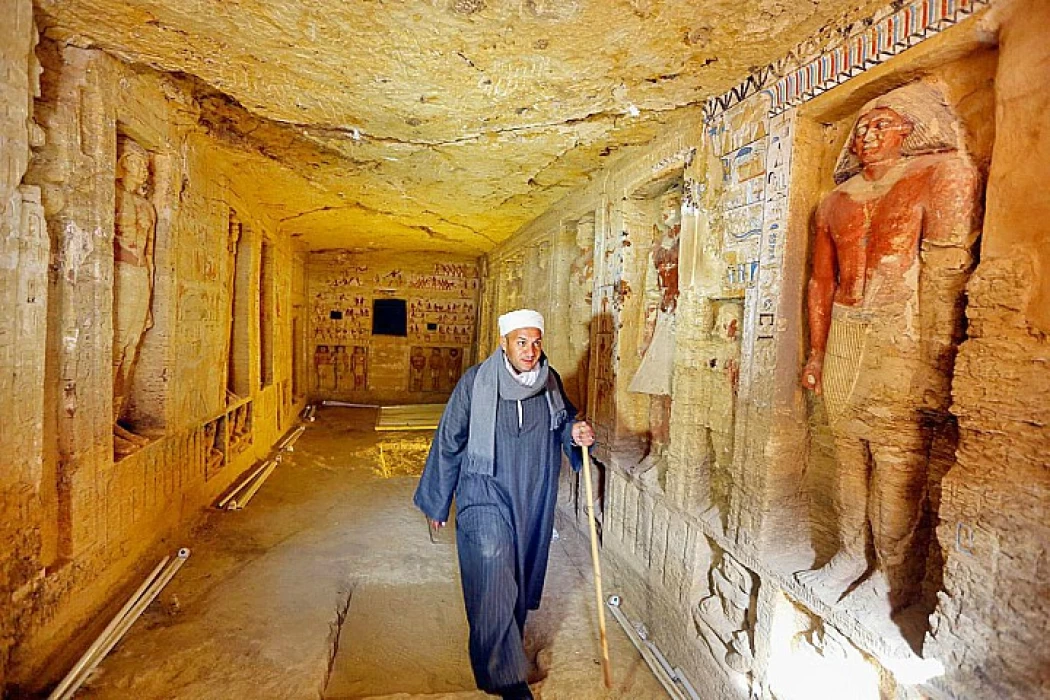
The Eighth Dynasty of Ancient Egypt History
In Egyptian history, the Eighth Dynasty is a part of the First Intermediate Period, which is characterized by relative instability and governmental fragmentation. It is commonly believed that this dynasty dominated Lower Egypt in the second millennium BC, especially the area surrounding the city of Memphis.
The Eighth Dynasty's Kings:
A number of pharaohs with brief reigns and names that are frequently little recognized make up the Eighth Dynasty. Comparing this dynasty's legacy to previous eras in Egyptian history, there aren't as many monumental remnants. A few of this dynasty's pharaohs are listed below:
Even though his reign is typically credited to the Sixth Dynasty, Pepe II is frequently regarded as the most well-known monarch of this dynasty. On the other hand, some academics speculate that he might have influenced the Eighth Dynasty.
Merenre II: Not much is known about this king's reign, and not much is known about him either. Little is known about his accomplishments or contributions from the historical materials that are now available.
Nitocris: Whether or not this queen actually exists is up for debate. Although she is referred to in some accounts as the final pharaoh of the Eighth Dynasty, Egyptologists disagree as to whether she was a real monarch or a myth.
Due to the transient character of its rulers' reigns and the paucity of modern evidence suggesting a kingdom in collapse into disorder, the Eighth Dynasty of ancient Egypt has historically been categorized as the First Dynasty of the First Intermediate Period. The archeological record has been reexamined recently, and the results indicate a considerable continuity between the Sixth and Eighth Dynasties. Egyptologist Hratch Papazian suggests that the Eighth Dynasty should be considered the end of the Old Kingdom era, as opposed to the Sixth.














